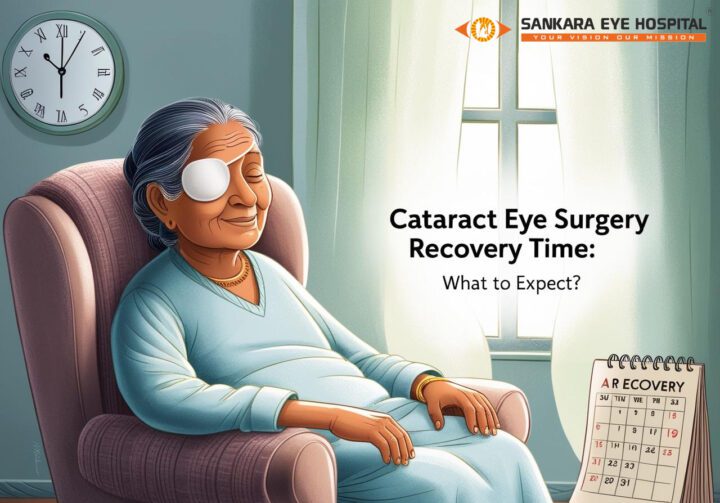LASIK Surgery: A Complete Overview
LASIK Surgery: A Complete Overview
Are you tired of using eyeglasses or contact lenses every day? Are you constantly worried about breaking your eyeglasses or losing your contact lenses while taking them out?
If you’ve experienced such problems, you always can get refractive surgery and leave your worries behind. With refractive surgery, you can bid farewell to contact lenses or eyeglasses. Many surgical procedures are available, and among them, LASIK surgery is the most popular.
What is LASIK surgery?
LASIK stands for laser in-situ keratomileusis. It is an eye surgery that uses lasers to rectify common vision problems caused by refractive errors. These errors occur when your eyes fail to capture light adequately. Refractive errors can result in blurry vision, nearsightedness, farsightedness, and astigmatism.
During LASIK surgery, a special cutting laser is used to reshape the cornea, the clear front part of your eyes, to improve your vision for good.
Why is LASIK surgery done?
LASIK surgery is done to correct these three types of eye issues;
- Nearsightedness (myopia) is a condition where you can see nearby objects clearly, but have problems seeing far away objects.
- Farsightedness (hyperopia) is a condition that is the opposite to myopia. You can see the faraway objects, but the nearby objects appear blurry.
- Astigmatism is a condition in which the cornea curves or flattens unevenly, causing blurry vision. It disrupts the focus of near and distant vision.
Who can get LASIK surgery?
LASIK is a good choice if you’re tired of wearing glasses or contacts. However, not everyone can undergo surgery. Your ophthalmologist will have to determine if you’re a suitable candidate for it.
The ideal candidate for LASIK surgery must:
- Be at least 18 years of age,
- Not have an autoimmune disease which makes it difficult to heal after the surgery,
- Not be pregnant or breastfeeding,
- Have an eye prescription that hasn’t changed in the past year, and
- Have healthy eyes, especially cornea, which has to be thick with no scratches.
LASIK surgery is not advisable if you:
- The refractive error in your eyes is repeatedly changing or unstable,
- Have a chronic dry eye,
- Have eye conditions like advanced glaucoma or cataracts,
- Have uncontrolled diabetes,
- Have severe nearsightedness, and
- Have thin or uneven corneas.
What are the benefits of LASIK surgeries?
LASIK surgery has been around for over two decades and has helped many people improve their vision and quality of life. The other significant benefits of LASIK surgeries include:
- Little pain is involved in the surgery because of the use of the numbing drops,
- Vision is corrected immediately or a day after the surgery,
- No bandages or stitches are required after LASIK, and
- If there are any vision changes as you age, the doctor can correct them
Are you considering LASIK surgery? To know more about the procedure and to determine if you really need the surgery, schedule an appointment with Sankara Eye Hospital.




